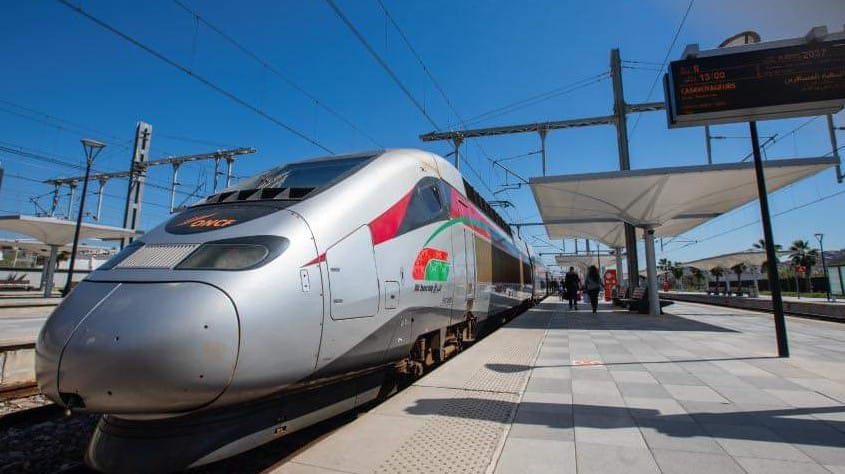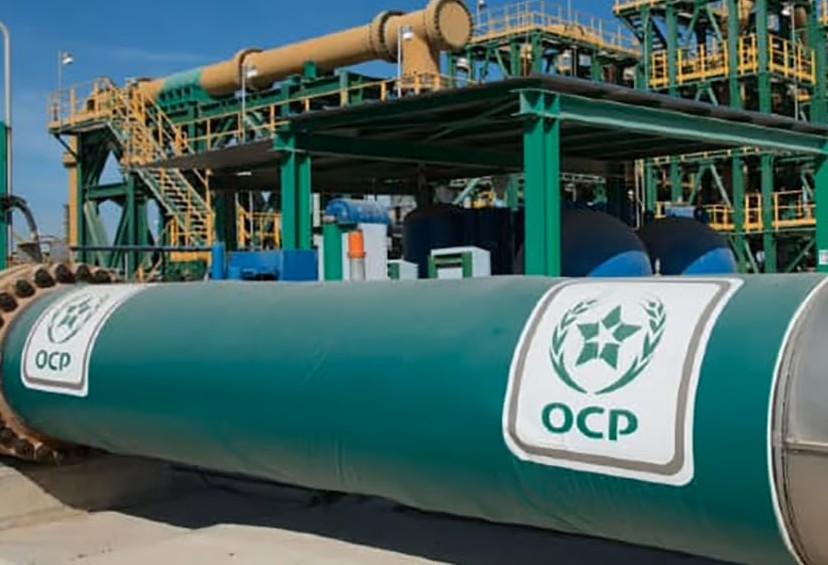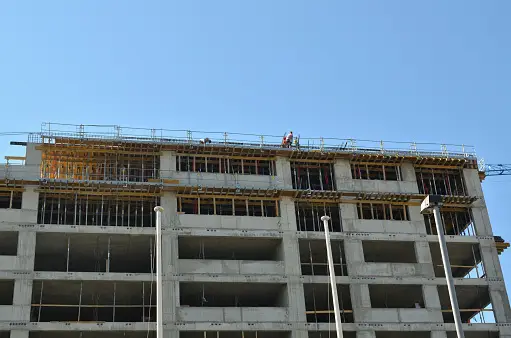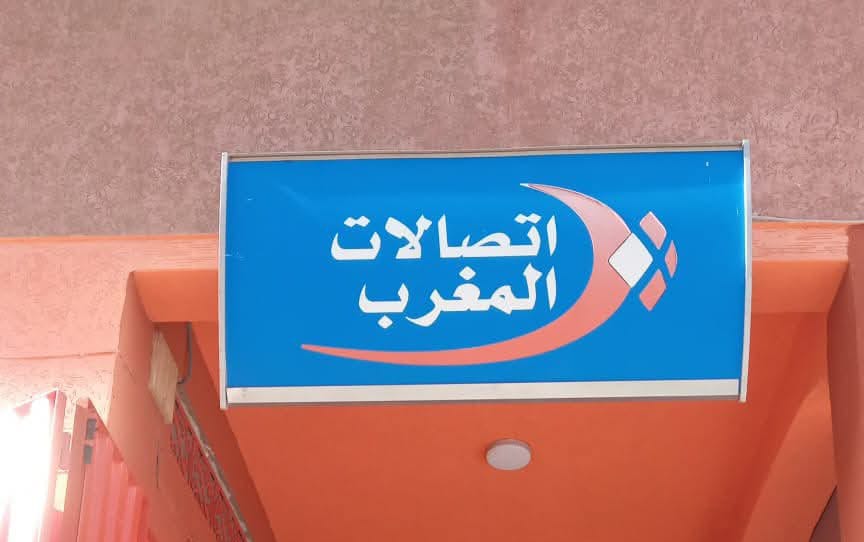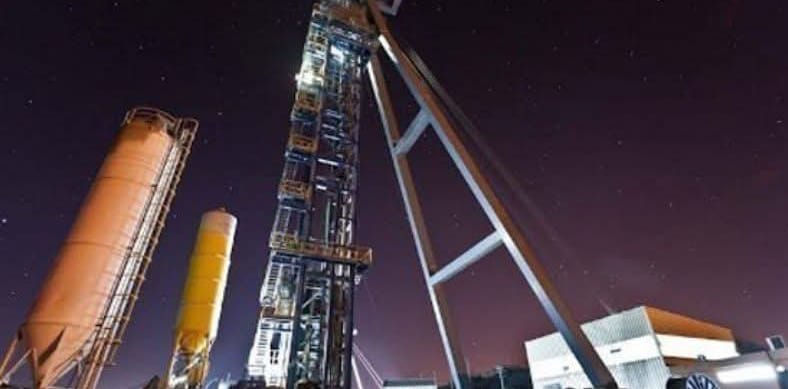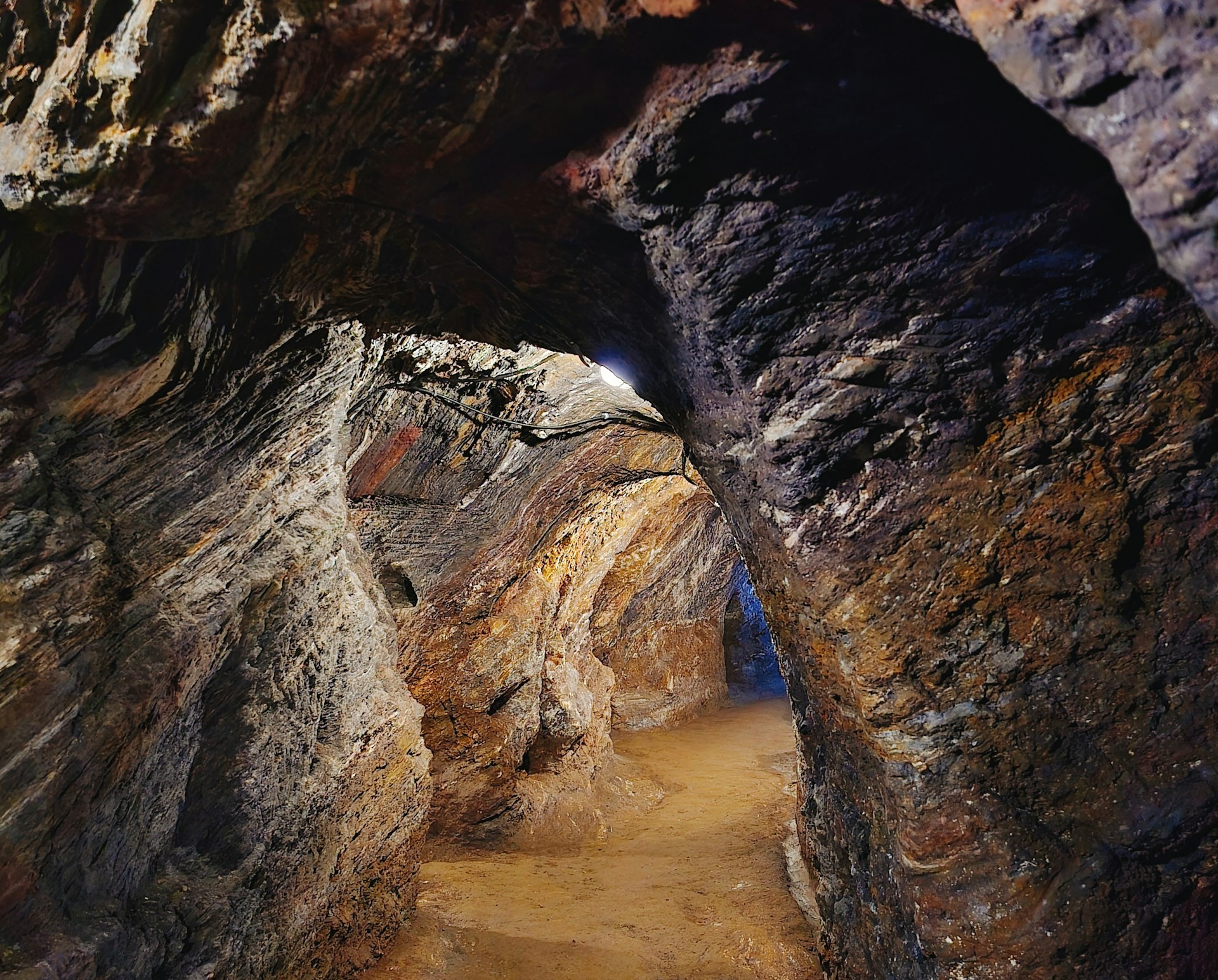Casablanca – Morocco is on the brink of another major advancement in its rail transport system, with the high-speed rail line (LGV) set to expand to the city of Marrakech. This ambitious project will dramatically cut travel time between the northern city of Tangier and Marrakech, Morocco’s premier tourist destination, to just 2 hours and 45 minutes, a significant improvement from the current travel duration. The extension is part of a broader national strategy to enhance connectivity and strengthen Morocco’s position as a leader in rail transport within Africa and the Mediterranean region.
Strategic advancement in morocco’s rail network
At the 2024 InnoTrans Expo in Berlin, Mohamed Rabie Khlie, Director General of the National Office of Railways (ONCF), highlighted the strategic significance of this project. As one of the largest global trade fairs focused on transport technologies, the event was the perfect platform to showcase Morocco’s growing influence in the rail industry.
Khlie emphasized that the extension of the high-speed line to Marrakech not only boosts domestic mobility but also enhances Morocco’s connections with Europe, with Tangier acting as the “gateway” to the continent. The journey between Marrakech and Tangier will be slashed to under three hours, transforming the ease and speed of travel for both tourists and residents.
A magnet for foreign investment
The expansion of the high-speed rail line is also a magnet for foreign investors. The project, with a budget of 8 billion dirhams ($825 million), includes not only the LGV extension but also the acquisition of new trains and improvements in local transport infrastructure. This broader initiative is part of Morocco’s long-term vision to modernize its rail network and support economic growth through enhanced mobility.
The first phase of the project will involve civil engineering work along the second section of the line between Ain Atiq and Zenata, spanning 64 kilometers. The contract for this section, valued at 4 billion dirhams ($412 million), has been awarded to Chinese company Shandong Hi-Speed Engineering Construction. Earlier, the Chinese firm China Railway NO.4 Engineering Corporation (CREC 4), a subsidiary of the global railway giant CRRC, secured the contract for the first 63-kilometer section between Sidi Eisho and Rabat, valued at 3.4 billion dirhams ($351 million).
Boosting Morocco’s strategic rail position
Morocco has become a regional leader in rail transport, setting itself apart as a reference point for middle-income economies. The high-speed rail project is just one part of the country’s broader efforts to enhance infrastructure and promote sustainable economic development.
During the InnoTrans Expo, Khlie underscored Morocco’s growing role in the global rail industry, sharing experiences with German officials and other international stakeholders. Discussions covered topics like artificial intelligence in rail transport, data protection, and cybersecurity, areas where Morocco is positioning itself as a key innovator.
Benefits for local and national mobility
The extension of the high-speed rail line to Marrakech is expected to have a transformative impact on both local and national mobility. The project includes efforts to strengthen urban transport networks, with plans to renew the existing fleet and improve accessibility across Morocco’s cities.
For tourists, the faster travel time between Tangier and Marrakech will significantly enhance the country’s appeal, making it easier for visitors to explore both the cultural and historical riches of the northern cities and the vibrant atmosphere of Marrakech in the south.
Looking ahead
Morocco’s participation in the InnoTrans Expo 2024 reaffirms its commitment to innovation and modernization in the rail sector. The extension of the high-speed rail line to Marrakech is just the beginning of a series of projects that will further solidify Morocco’s role as a key player in regional and international rail transport.
As the country continues to attract foreign investment and push forward with ambitious rail projects, Morocco is positioning itself as a hub for cutting-edge transport technology in Africa, with the potential to reshape the continent’s connectivity in the years to come.






